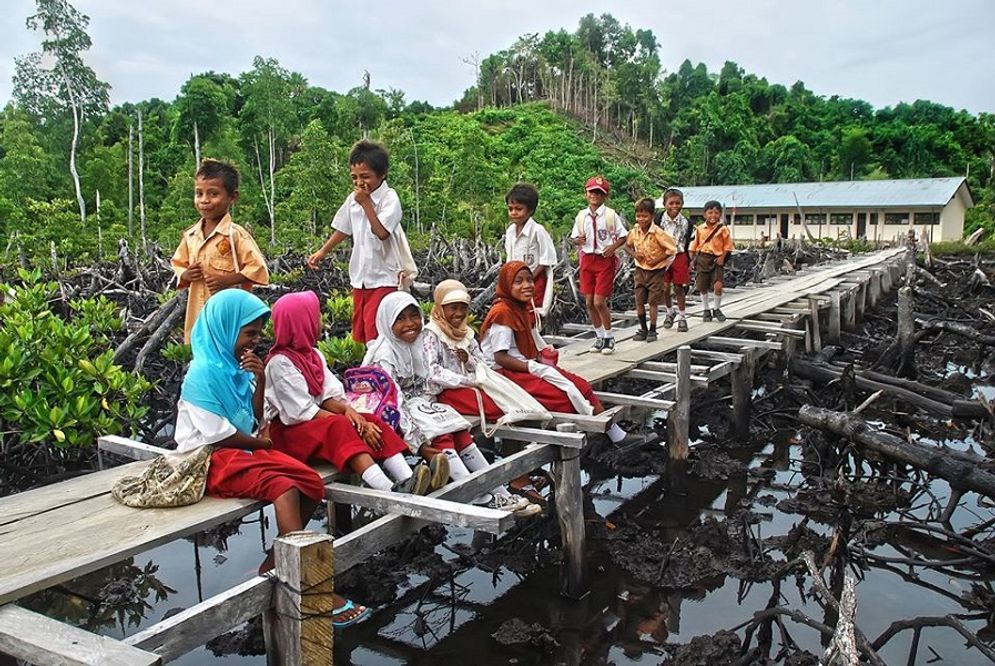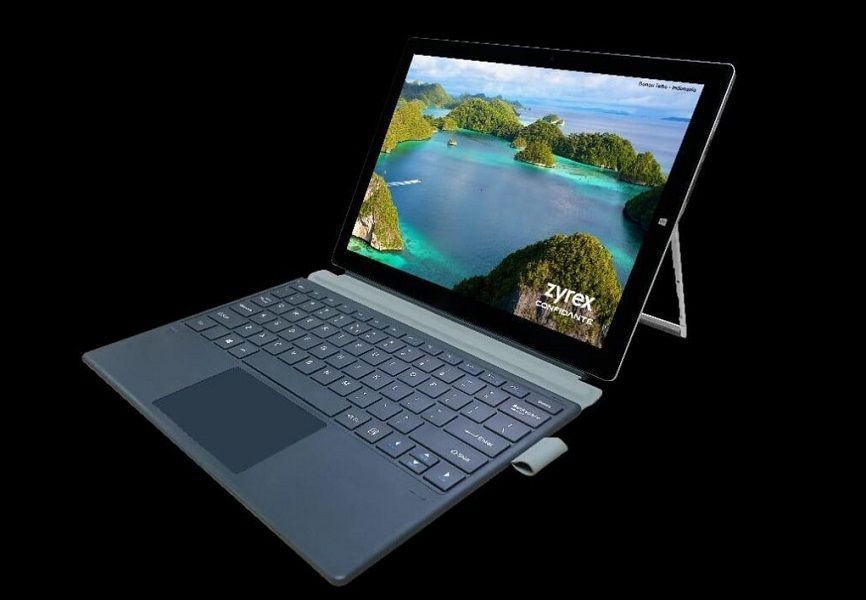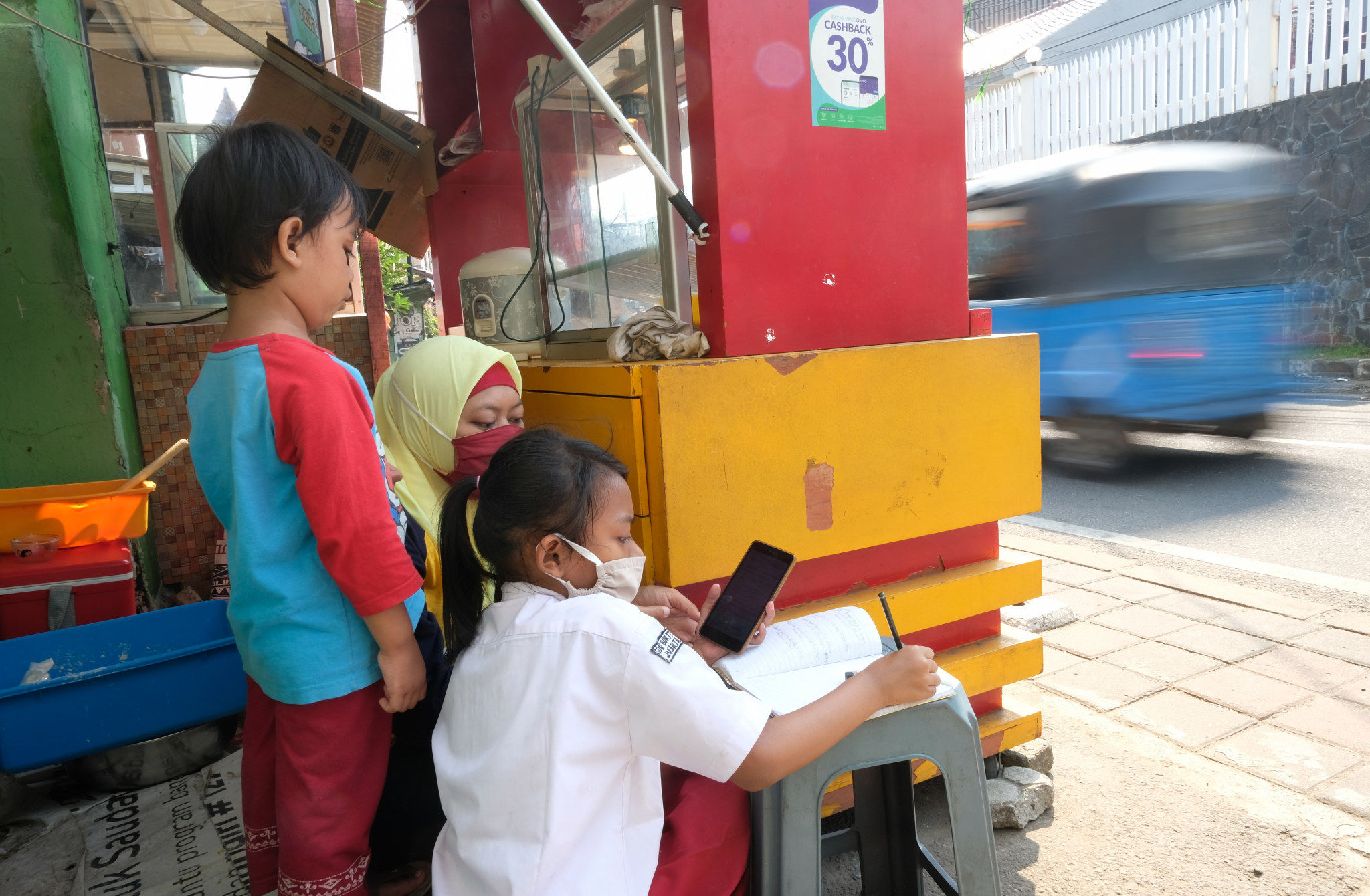
Laptop for Schools Controversy in Indonesia (Serial 2): Wrong Timing and Corruption Opportunities
- JAKARTA – The Ministry of Education, Culture, Research, and Technology (Kemendikbudristek) discourse to hold a laptop program for schools has been questioned by
Tekno
JAKARTA – The Ministry of Education, Culture, Research, and Technology (Kemendikbudristek) discourse to hold a laptop program for schools has been questioned by various groups.
Massive procurement of goods with a budget that can also be said to be enormous is also in the spotlight. Not a few say that this procurement program funds can be misused if not careful.
Researcher from Indonesia Corruption Watch (ICW), Dewi Anggraeni, highlighted that the implementation of the policy seemed rushed. In fact, with such a large budget, the program should have been implemented after planning ahead of time.
"A plan like this should have been informed from a long time ago, not a little while ago," said Dewi when contacted by TrenAsia.com on Monday, August 2, 2021.
- Nasabah Jenius Dibobol, BTPN Siap Penuhi Panggilan Polisi
- Lebih Murah, YouTube Premium Lite Siap Rilis
- Masih PPKM, Bandara I Gusti Ngurah Rai Layani 84.000 Penumpang
Dewi said that the school digitization program was indeed an old plan, but the government needed to identify needs such as what facilities could achieve this goal.
For example, is the need for laptops for schools today more important than infrastructure improvements such as repairing or building schools, adding classes, or making the internet more accessible for schools?
According to Dewi, this program must be supervised in the sense of asking the Ministry of Education and Technology to detail which companies have received procurement contracts, the size of the contracts, and ensure that the recipients of the procurement are appropriate and on target.
ICW warned that this procurement program could repeat the corruption case in the procurement of uninterruptible power supply (UPS) for 25 state high schools/vocational schools that occurred in Jakarta in 2014. The corruption case resulted in state financial losses of Rp81.43 billion.
Only PT Zyrexindo Mandiri Buana Tbk (ZYRX) has detailed the amount of the contract it has received so far. The contract is Rp700 billion for the procurement of 165,000 laptop units using special allocation funds (DAK).
For information, the funds for the laptop procurement program for this school reached Rp3.7 trillion, consisting of two allocations. The first is from the state revenue and expenditure budget (APBN) through the Ministry of Education and Technology of Rp1.3 trillion and the second is from the DAK of Rp2.4 trillion.
Funding from the APBN worth Rp1.3 trillion was used for 12,674 schools ranging from elementary, junior high, high school, and special education levels to 189,840 laptops, 12,674 access points, 12,674 connectors, 12,674 projectors, and 45 speakers.
Meanwhile, the DAK of Rp2.4 trillion is planned to finance 16,713 schools in the form of 284,147 laptops produced domestically with a certificate of domestic content level (TKDN) and also supporting equipment such as 17,510 wireless routers, 10,799 projectors and screens, 10,799 connectors, 8,205 printers and 6,527 scanners.
If you look at the data from the Ministry of Education and Culture in 2020, Indonesia has a total of 218,234 schools. There are 149,435 elementary schools, 40,559 junior high schools, 13,939 high schools, and 14,301 vocational schools. This laptop program for schools means meeting the needs of around 13.5% of the total schools in Indonesia.
Head of the Planning Bureau of the Ministry of Education and Culture, M. Samsuri, said that the laptops provided through this program will be given to schools that are not yet suitable for ICT. He said, a school is at least worthy of ICT if it has 15 computers/laptops.
Domestic Product Aspirations

Samsuri also said that the information and communication technology (ICT) procurement program is not only to support the digitization of education, but also to support domestic products (PDN).
"So that it is in line with the government's program so that we become the driving force for the progress of our own country," he said some time ago.
Minister of Industry (Menperin), Agus Gumiwang Kartasasmita, explained that currently there are eight laptop products that already have a total TKDN value and company benefit weight (BMP) above 40%.
Agus said products that already have a TKDN + BMP value above 40% are eligible to be purchased.
"Especially in the procurement of goods and services by the government, State-owned Enterprises (BUMN), Regionally-owned Enterprises (BUMD), and the private sector using the State Budget (APBN)/ Local Government Budget (APBD) or exploiting state-controlled resources," he said some time ago.
- Nasabah Jenius Dibobol, BTPN Siap Penuhi Panggilan Polisi
- Lebih Murah, YouTube Premium Lite Siap Rilis
- Masih PPKM, Bandara I Gusti Ngurah Rai Layani 84.000 Penumpang
Head of the Government Goods/Services Procurement Policy Institute (LKPP), Roni Dwi Susanto, added that the central and regional governments have been required to increase the use of domestic products in the procurement of government goods/services (PBJ).
To support these policies and actions, LKPP created an automatic product search filter in the electronic catalog application which will automatically refer to local products (PDN) and those with high TKDN.
Procurement managers can also check the level of TKDN in an electronic catalog application that has been integrated with the Ministry of Industry system.
The LKPP Electronic Catalog data records that the realization of e-purchasing in the education sector reached Rp3.95 trillion as of July 12, 2021. 50.69% or Rp2 trillion of this realization was used for local products and the remaining 49.31% or Rp1.95 trillion for imported products.
Not the Right Policy Amid the Pandemic

A public policy observer from Trisakti University, Trubus Rahadiansyah, said the laptop procurement program policy for schools was counterproductive in the midst of this pandemic.
"Laptops are purchased and must be distributed and used, while we are learning through online system. So, what do you do?” he said when contacted by TrenAsia.com, Monday, August 2, 2021.
According to him, the state of Indonesia's education which is still dominated by distanced learning since last year will make the procurement of this laptop ineffective. Moreover, the cost of this procurement program is not cheap.
Trubus suggested the government to focus first on improving the infrastructure of high-speed internet networks in previously unreachable areas.
- Bank Indonesia Didorong Siapkan Skenario Terbaik Hadapi Potensi Tapering Off pada 2022
- Nasabah Jenius Dibobol, BTPN Siap Penuhi Panggilan Polisi
- Lebih Murah, YouTube Premium Lite Siap Rilis
According to data from the Ministry of Communication and Information (Kemenkominfo), all provinces in Indonesia are already connected to fiber optic networks. However, when viewed in total, only about 36% of Indonesia's territory is connected to the high-speed internet network.
In addition, Trubus also asked the government to continue to focus on providing free internet quotas for teaching and learning activities, especially in the midst of this pandemic.
Dewi also said that the program of providing free quotas that had been going on since last year also needed to be evaluated a lot. ICW finds it difficult to find data on which students have received quota assistance during this pandemic, besides that there are still many findings about students who do not receive quota assistance, especially outside Java.
The unfulfilled infrastructure for the internet network also makes this education digitization program fall short of expectations, both according to Trubus and Dewi. Both think that the government needs to fulfill the infrastructure prerequisites so that the digitalization program such as the procurement of laptops for schools can run effectively.
This article is a series of special reports that were continued from the previous issue entitled "Laptop for Schools Controversy in Indonesia (Series 1): Inadequate Specs, Waste of Budget.”
Writer: Reza Pahlevi
Editor: Sukirno

